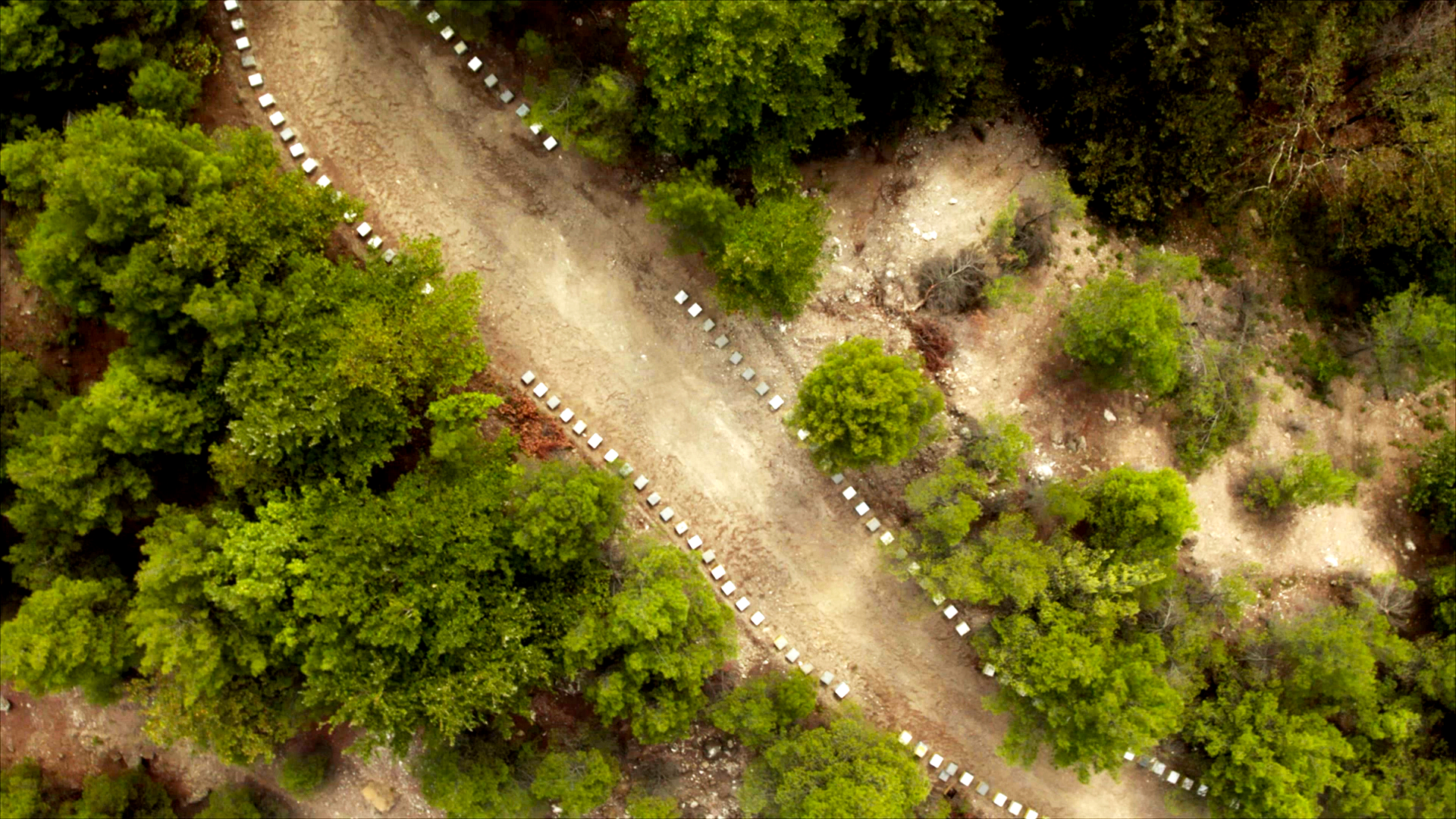Supporting relief efforts following hurricanes in the Southeastern United States

In late September, Helene became the deadliest hurricane to hit the mainland United States since Katrina, claiming more than 230 lives across six states, including Florida, Tennessee, and North Carolina. Particularly hard hit was western North Carolina, ordinarily far enough inland to avoid the brunt of hurricanes, where torrential rains caused deadly flooding that cut communities off from help. Then, less than two weeks later, Milton, one of the most intense hurricanes ever recorded in the region, passed across Florida, affecting some of the same communities touched by Helene.
When it is able, the Stavros Niarchos Foundation (SNF) seeks to respond to natural disasters globally, and in response to Hurricanes Helene and Milton, the Foundation is making grants to a range of locally focused nonprofits aiding in the response in North Carolina, Florida, Tennessee. As it has in the wake of other natural disasters and humanitarian crises, SNF sought to respond swiftly by partnering with organizations who know the needs on the ground through their longstanding presence in local communities and who have the capacity to act quickly. Among the organizations supported are two past SNF grantee-partners whose guidance the Foundation accepted with gratitude.
“It’s one thing to know in the abstract that climate change will bring more severe extreme weather events to more unexpected places, but it’s another thing entirely to see that borne out in real devastation wreaked on lives and communities,” said SNF Co-President Andreas Dracopoulos. “Our hearts go out to all those affected, and our gratitude goes out to the humanitarians working tirelessly to respond in the face of many challenges, including the fact that in many cases, as locals, they themselves face the same challenges as the people they’re serving. We’re thankful for the work and the local expertise of these nonprofits.”
The nonprofits SNF is supporting are:
- Despite its main facility being taken offline by flooding, MANNA Food Bank quickly adapted. Using a rented warehouse and volunteer power, the nonprofit has shipped truckloads of food to each of western North Carolina’s counties and established a distribution point in Asheville, the region’s hard-hit largest city, to hand out essentials like shelf-stable food, baby supplies, and hygiene items.
- The Community Foundation of Western North Carolina’s Emergency and Disaster Response Fund is designed to offer rapid, flexible funding to nonprofits providing immediate necessities like food, shelter, medical care, and psychological support and contributing long-term to rebuilding housing and infrastructure and helping communities get back on their feet.
- Partnership for Appalachian Girls’ Education (PAGE), already an SNF grantee-partner, has conducted wellness checks on families whose children are in their program and provided them with care packages including items like hygiene products and books.
- Remote Area Medical, also already an SNF grantee-partner, provides free health, dental, and vision care via pop-up clinics in remote or poorly served areas of many states. It is holding daylong clinics in affected areas in the region in the weeks ahead while also providing telehealth care.
- East Tennessee Foundation’s Neighbor to Neighbor Disaster Relief Fund provides funding for projects focused on long-term recovery in the region related to health, mental health, education, and agriculture.
- From its Hurricane Distribution Center in Tampa, Rebuilding Together Tampa Bay is coordinating efforts to get people out of shelters and back into their homes by mucking them out, fixing their roofs, and repairing them as necessary. The organization focuses particularly on serving seniors, people with disabilities, veterans, and low-income residents.
- Hispanic Federation is supporting the efforts of their partners on the ground to deliver essentials like food, shelter, and medical supplies, with a special focus on those whose access to other forms of aid may be limited, such as mixed-status families and guest farm workers.
- The Smile Trust has activated its grassroots network, which includes dozens of community-based organizations, to meet immediate needs with hot meals, water, medications, diapers, and generators and batteries for those without power while also looking to longer-term recovery.
Collectively, these organizations are drawing on deep expertise and scores of local partnerships to respond collaboratively to urgent needs, thinking about the ways in which the disaster exacerbated existing issues and specially affected specific populations, and about what comes after immediate relief.
Since its inception, SNF has sought to help respond to natural disasters around the world, including, among many others, Cyclone Freddy in Madagascar, Mozambique, and Malawi in 2023; earthquakes in Syria and Turkey that same year; wildfires in Greece in 2018 and 2021; drought in Ethiopia in 2016; the 2010 earthquake in Haiti; the Indian Ocean Tsunami in Indonesia, Sri Lanka, Thailand in late 2004; and Hurricane Mitch in El Salvador, Guatemala, Honduras, and Nicaragua in 1998. The Foundation’s approach is that neighbors are naturally predisposed to help one another out in the wake of a disaster and that philanthropy’s role is to lower the resource barriers that can get in the way of altruism.
.



